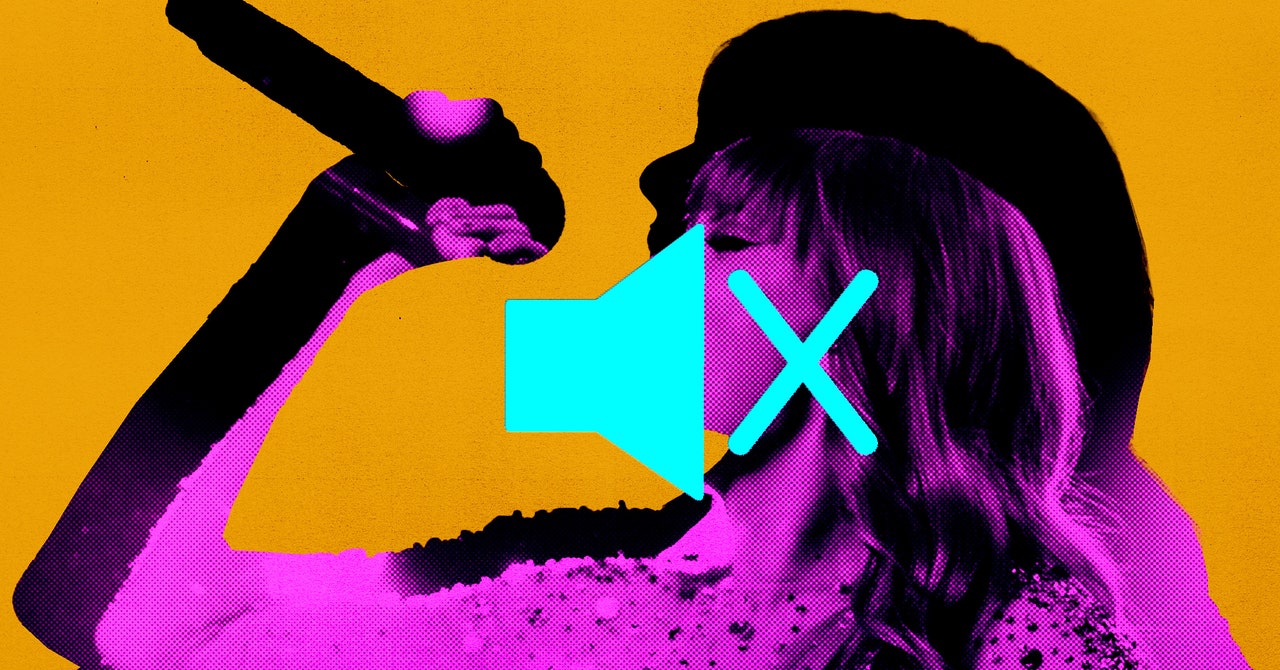On Thursday, Universal Music Group (UMG) and TikTok failed to reach an agreement on licensing music from UMG artists on the app, resulting in popular songs from artists like Taylor Swift and Drake going silent on the platform. This has had a significant impact on TikTok creators who often use these songs in their videos, as they now face the challenge of finding alternative versions or avoiding copyrighted music altogether. The hashtag #SwiftTok, which revolves around Taylor Swift’s music, has been particularly affected.
TikTok influencers and Swifties, as Taylor Swift fans are known, expressed their disappointment at the situation. Many creators mentioned that their drafts were now muted, and they may have to find new ways to engage with their audience. However, some fans see a silver lining in this change. They believe that it could lead to a shift away from the “TikTok-ification” of songs, where poetic tracks are turned into 60-second memes. They argue that certain songs that were once exclusive to the Swiftie community will no longer be transformed into viral TikTok trends.
The absence of music on TikTok is not limited to Taylor Swift fans. Artists like Olivia Rodrigo and Billie Eilish, who have also built a strong presence on the platform, have seen their videos go silent due to the lack of licensing agreements with UMG. This development could have a significant impact on the marketing strategies of record labels, as TikTok has become a powerful tool for promoting new music and connecting with fans. If a new deal between TikTok and UMG is not reached soon, artists may have to find alternative ways to engage with their audience and promote their music.
In response to the situation, TikTok’s global head of music communications, Barney Hooper, emphasized the platform’s commitment to supporting artists and finding solutions. He mentioned that TikTok has worked with various music rights holders around the world to ensure that artists are fairly compensated for their work. However, the lack of an agreement with UMG highlights the ongoing challenges in the music industry when it comes to licensing and digital platforms.









